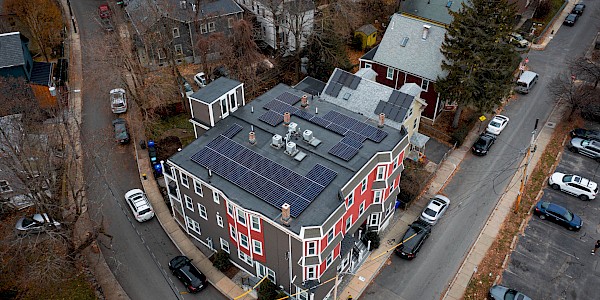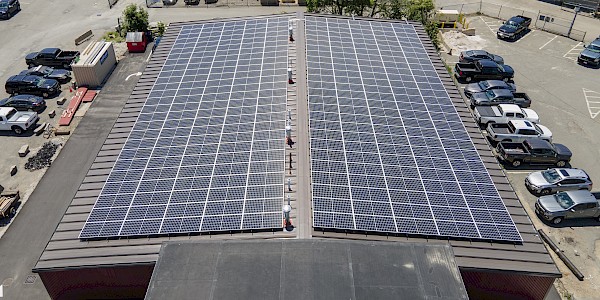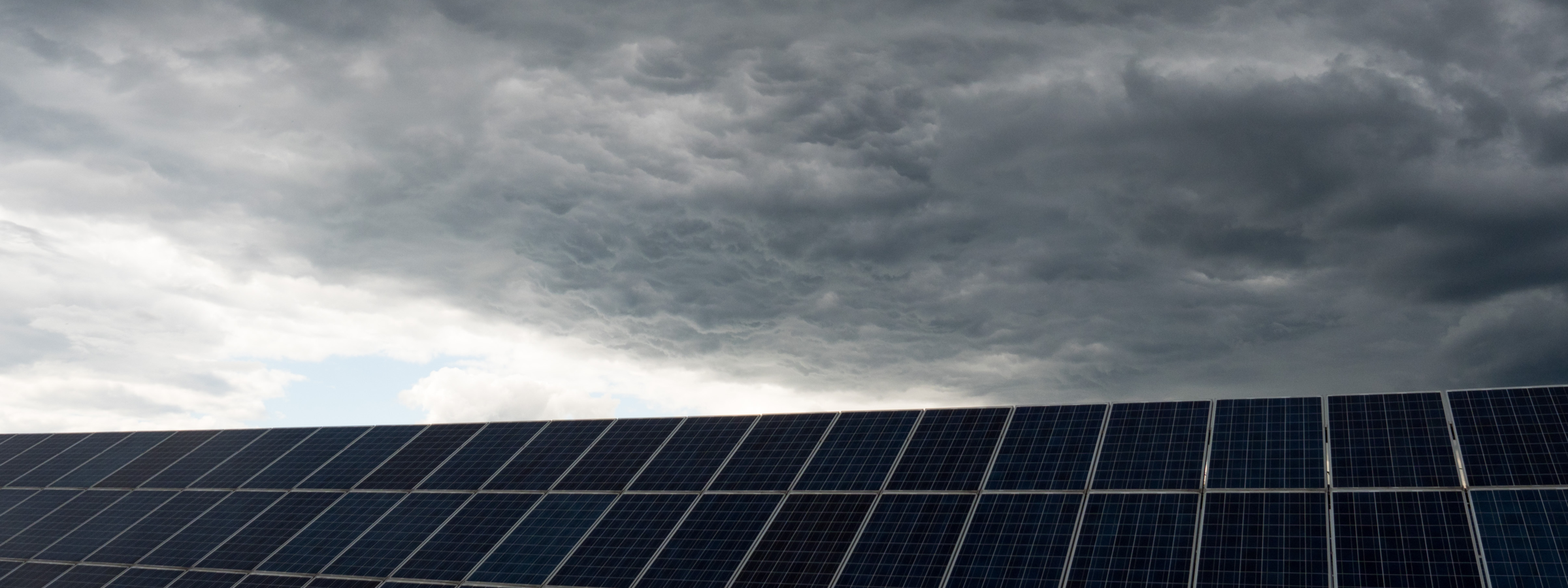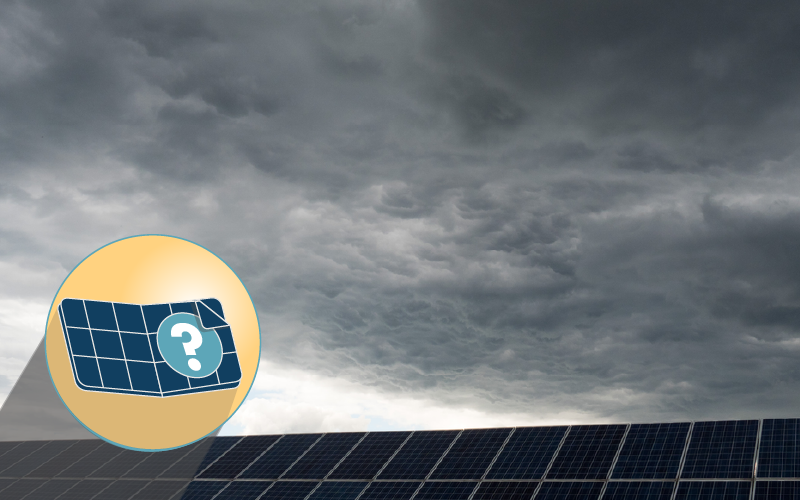Do Solar Panels Need Direct Sunlight to Work?
Mar. 01, 2022
Solar panels work best in direct sunlight, but they can also work on cloudy days and in partial shade. This is because photovoltaic (PV) panels use particles of light, called photons, to generate electricity. Photons are present in direct and indirect sunlight, so solar panels can operate in both conditions.
Despite their ability to perform in low light settings, you’ll get the most out of your solar panels if they receive a reasonable amount of direct sunlight every day. How much direct sunlight do solar panels need, exactly? Ideally, your solar panels should receive at least four hours of direct sunlight per day.
Contrary to Popular Belief, Solar Panels Can Work in the Shade
Shade hinders solar panel performance, but that doesn’t mean you can’t benefit from home solar panels if your roof receives some shade throughout the day.
There are two main factors that determine the impact of shade on your solar panels:
1. The amount and duration of the shade.
The longer your panels are in the shade, the greater the drop in electricity production will be. However, sunlight and shade levels can vary significantly throughout the day. If your panels are shaded in the morning, for example, they may receive ample sunlight in the afternoon, allowing for sufficient electricity production.
2. The type of inverter your system uses.
Solar inverters convert the (direct current) DC electricity that your panels capture into (alternative current) AC electricity, which is what you need to power your home.
There are two main types of inverters: string inverters and microinverters. If one central string inverter is used, shade on one panel will affect electricity output for the entire system. In a microinverter system, however, shade on one panel will only affect that singular panel, so there is much less impact on the system’s overall performance.
Solar Panels Work in Cloudy Weather, Too!
We get our fair share of rainy, cloudy, and overcast days here in Massachusetts. Thankfully, your solar panels can handle the tough New England weather.
Clouds block the sun’s energy and prevent it from reaching your panels, which decreases electricity production but doesn’t halt it completely. Plus, solar technology is getting better every day, and the solar panels that we install offer excellent performance in many weather conditions.
Solar Batteries Let You Save Excess Energy for a Rainy Day
Solar batteries store the excess energy that your solar panels collect on bright, sunny days and reserve it for later use. Solar batteries help when it's overcast—on a cloudy day, you’ll be able to use your stored energy, so you can continue to power your home with free, renewable energy even when there isn’t enough sunlight to generate electricity. Solar batteries can also power your home at night and during a power outage, so you’ll never be without electricity.
Optimize Electricity Production with a Custom Solar Power System
The right solar products and panel placement will minimize drops in energy production due to weather and shading. Boston Solar installs industry-leading solar panels and products, and every system we install is customized to ensure maximum efficiency. Our custom solar solutions are part of what makes us one of the best solar companies in Massachusetts, and we’re proud to be the state's #1 home solar company. We encourage you to visit our solar project gallery to see some of our finished work, and to check out our customer testimonials.
Start your solar journey today. Call 617-858-1645 or schedule a free consultation online now.




